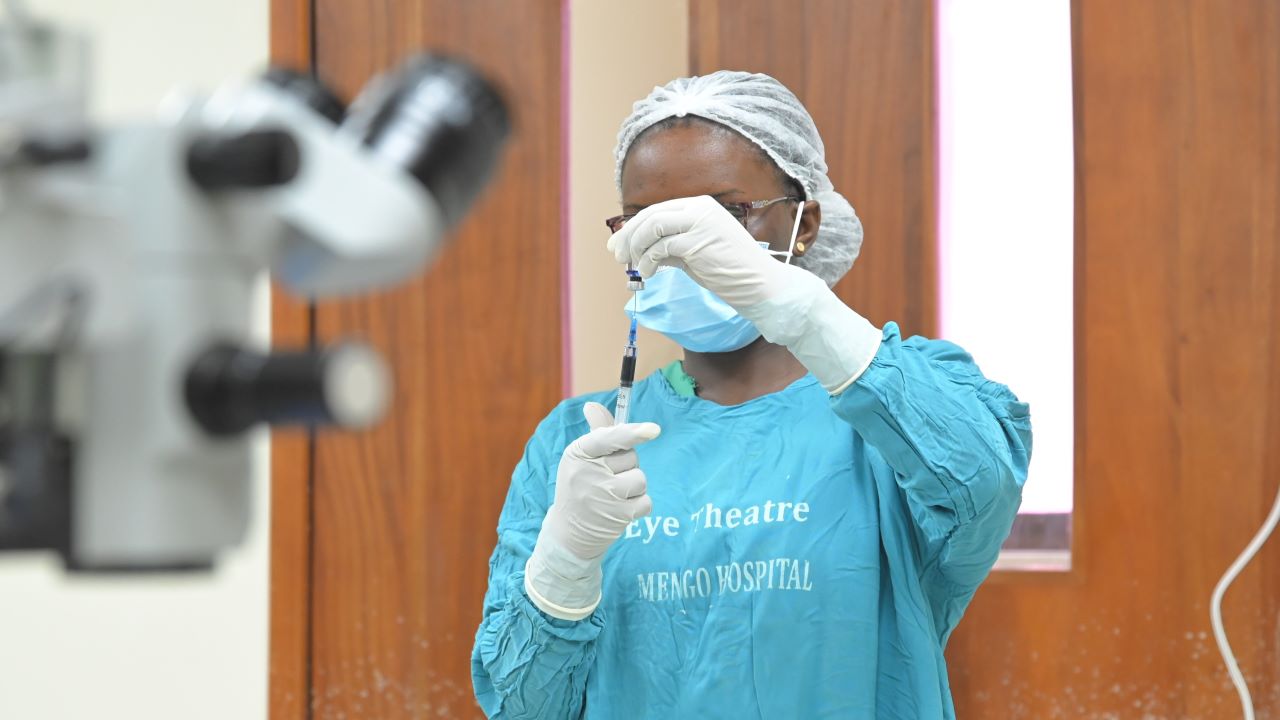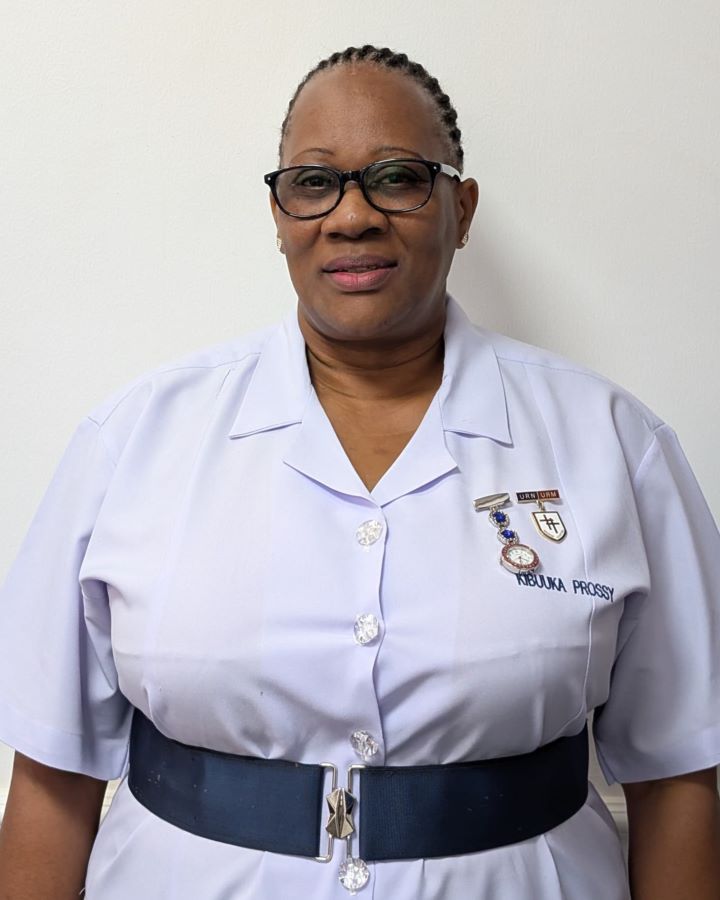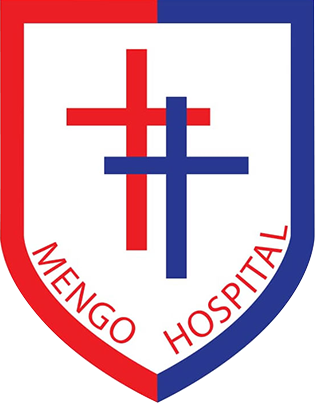Directorate of Clinical Services
The Directorate of Clinical Services is the principal custodian of all patient care services at Mengo Hospital. It provides oversight and strategic direction for the delivery of high-quality, safe, and ethical clinical care across all departments of the hospital. The directorate ensures that the hospital’s medical services are aligned with both national health priorities and global standards of healthcare delivery.

This directorate coordinates the work of all clinical departments including inpatient care, outpatient services, theatre operations, diagnostics, specialist clinics, and allied health services. It plays a central role in clinical planning, protocol development, and resource allocation to ensure patients receive timely, effective, and person-centered care.
The Directorate of Clinical Services also guides professional standards and continuous medical education for clinical staff, fostering a culture of evidence-based practice, mentorship, and ongoing learning. Working closely with hospital leadership, regulatory authorities, and frontline health workers, this directorate is committed to maintaining the hospital’s reputation for clinical excellence and compassionate service.
Through its work, the directorate contributes directly to improved patient outcomes, innovation in healthcare delivery, and the continued trust that the public places in Mengo Hospital.
The Clinical Operations function provides strategic and operational oversight of all clinical units at Mengo Hospital. It is responsible for coordinating the delivery of safe, efficient, and patient-centered care throughout the hospital. This role ensures that every clinical department operates in alignment with established care protocols, regulatory requirements, and the hospital’s commitment to medical excellence.
Key responsibilities include:
- Supervising day-to-day operations of inpatient and outpatient services
- Monitoring clinical performance metrics and patient outcomes
- Ensuring optimal staff allocation and workflow across departments
- Driving implementation of standard operating procedures (SOPs) for clinical units
- Supporting the adoption of clinical technologies and innovation
The Clinical Operations function also plays a central role in emergency preparedness, infection control, and compliance with national health policies. It is a core member of the Hospital Management Team, working closely with the Director of Clinical Services.

Dr. Frank Kakuba
Clinical Operations Superintendent
The Nursing function is the backbone of Mengo Hospital’s patient care system. It is responsible for overseeing all aspects of nursing service delivery, ensuring high standards of compassionate, ethical, and evidence-based care across the hospital.
Led by the Superintendent of Nursing, the department:
- Supervises over 300 nursing professionals, ensuring continuous coverage and competency
- Leads nurse recruitment, orientation, and professional development
- Develops and enforces nursing care protocols and patient safety practices
- Monitors nurse-patient ratios and workload distribution
- Supports mentorship, continuing education, and leadership training for nursing staff
- Promotes a culture of accountability, teamwork, and clinical excellence
In modern healthcare systems, nursing leadership is vital to hospital success. As such, the SON is a permanent member of the Hospital Management Team, where nursing interests and patient advocacy are represented in strategic decision-making.

Sr. Prossy Kibuuka, Superintendent of Nursing
At Mengo Hospital, Quality & Standards is more than a compliance function—it is a driver of continuous improvement and clinical governance. This function ensures the hospital delivers care that is safe, effective, timely, equitable, and patient-centered.
Responsibilities include:
- Leading internal audits and quality assurance processes
- Implementing quality improvement initiatives across departments
- Coordinating national and international hospital accreditation efforts
- Monitoring clinical indicators, incident reports, and patient feedback
- Promoting evidence-based practices and institutional learning
- Ensuring alignment with Ministry of Health standards and global health benchmarks
The role works across all hospital units to instill a culture of excellence, transparency, and results-driven performance.

Dr. Edith Namulema
Quality and Standards Superintendent
The Pharmacy function is essential to ensuring the availability, safety, and proper use of medicines throughout the hospital. It plays a critical role in clinical care, supply chain management, and pharmacovigilance.
Key responsibilities include:
- Managing the procurement, storage, and distribution of medications
- Overseeing drug dispensing and patient counseling services
- Monitoring drug utilization trends and stock levels across departments
- Ensuring compliance with national drug regulations and safety protocols
- Supporting therapeutic decisions through interaction with clinical teams
- Leading a multidisciplinary team of pharmacists and dispensers
The pharmacy also plays a vital role in medication error prevention, stock accountability, and formulary management. The function is represented on the Hospital Management Team to ensure real-time alignment between treatment protocols and medication supply.

Dr. Michael Kavulu, Superintendent of Pharmacy
The Laboratory function supports diagnosis, treatment, and disease surveillance by delivering timely and reliable diagnostic testing services. It operates as a clinical and scientific support hub for both inpatient and outpatient care.
Its core functions include:
- Managing all medical testing and laboratory services across the hospital
- Ensuring compliance with national and international laboratory standards
- Maintaining high levels of precision, turnaround time, and safety
- Training and supervising laboratory technologists and support staff
- Leading internal quality control and participation in external proficiency testing programs
- Supporting infection prevention, outbreak response, and diagnostic research
The lab’s performance is a direct contributor to clinical accuracy and outcomes. As such, the function is closely monitored and continually upgraded to meet global standards.

Mr. Kakeeto Patrick, Laboratory Superintendent

